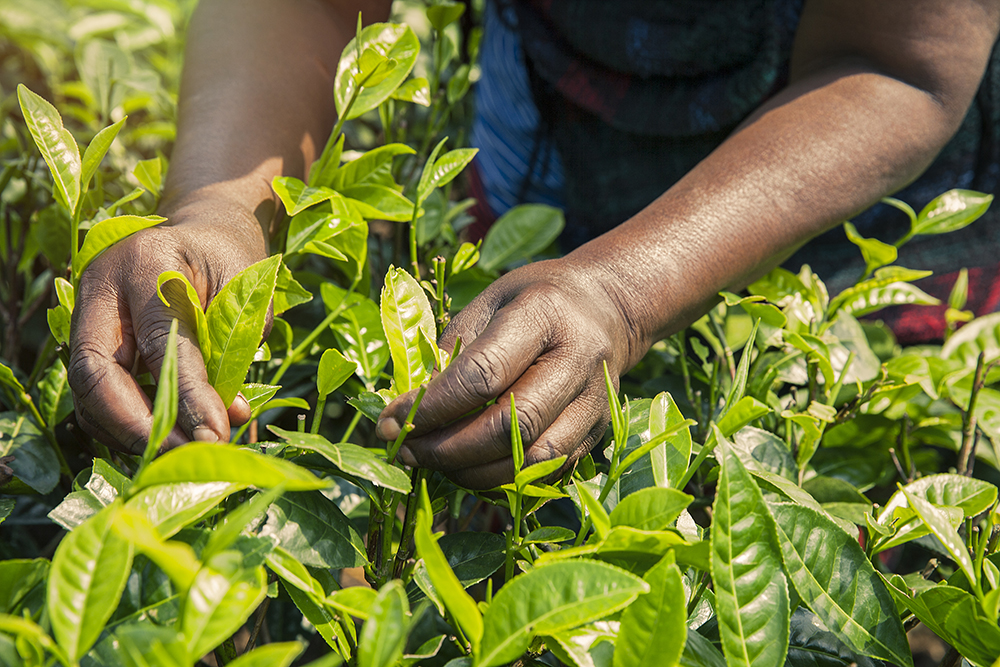Africa Enters the Tea Scene: A New Contender on the Rise
As traditional tea-producing countries like India and Sri Lanka face challenges such as climate change and production limitations, African nations are stepping into the spotlight of the global tea industry. Countries like Kenya, Rwanda, Malawi, and Tanzania have seized the opportunity to emerge as key players, leveraging their ideal climates and open investment policies to attract global tea enterprises. This shift is reshaping the tea market, introducing new flavors and qualities that are captivating consumers worldwide.
How Africa Is Becoming a Major Force in Tea
Welcoming Global Investment
African countries have opened their markets to international investors, allowing experts from established tea-producing nations to bring premium seeds, advanced agricultural techniques, and industry knowledge to the continent. This collaborative approach has not only enhanced the quality of African teas but has also created local employment opportunities, stimulating economic growth in rural regions. For instance:
- Kenya: Now the world’s third-largest tea producer, Kenya has benefited from investments in both large-scale plantations and smallholder farms.
- Rwanda: With government support and foreign investment, Rwanda has improved its tea processing facilities, boosting both quality and export capacity.
- Malawi and Tanzania: These countries have attracted investors aiming to expand production and introduce sustainable farming practices.
Resilience in Climate and Quality
Africa’s diverse climates—from the highlands of Kenya to the lush valleys of Rwanda—provide optimal conditions for tea cultivation. The continent’s ability to produce robust, high-quality teas has led to an increase in global demand. Notable developments include:
- Kenyan Teas: Renowned for strong black teas rich in antioxidants, Kenya has also started producing specialty orthodox teas with nuanced flavors and aromas.
- Rwandan Teas: Known for their bright color and brisk flavor, Rwandan teas are gaining recognition for their unique taste profiles.
- Sustainable Practices: African tea producers are increasingly adopting sustainable and ethical farming practices, appealing to a global market that values environmental responsibility.
The Bottom Line
Africa’s tea industry is experiencing rapid growth, offering a competitive edge with its rich flavors and high-quality leaves. The continent’s embrace of innovation, combined with its favorable growing conditions, positions it as a significant force in the global tea market. For tea enthusiasts exploring African teas, expect to encounter cups that are as flavorful as they are resilient—reflecting the dynamic spirit of a continent reshaping the world of tea.
Explore African Teas
- Kenyan Black Tea: Offers a bold, malty flavor perfect for breakfast blends.
- Rwandan Green Tea: Provides a fresh, brisk taste with subtle grassy notes.
- Malawian White Tea: Delivers delicate floral aromas and a smooth finish.
Conclusion
The rise of Africa in the global tea market underscores a significant shift in the industry, driven by strategic investments, optimal growing conditions, and a commitment to quality. As African teas continue to gain international acclaim, they not only diversify the choices available to consumers but also contribute to the economic and social development of their producing countries. Embracing African teas means supporting a vibrant and emerging sector that enriches the global tea landscape with its unique offerings.
References
- Food and Agriculture Organization of the United Nations
- International Tea Committee Reports
- Tea Production in Africa – A Continent on the Rise
Note: Always ensure to purchase teas from reputable sources that support fair trade and sustainable practices.
